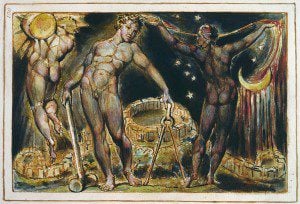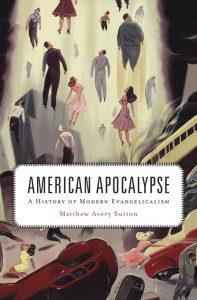From the Archive. Originally posted March 14, 2013. Religion that is pure and undefiled before God, the Father, is this: to care for orphans and widows in their distress, and to keep oneself unstained by the world. James 1:27[1] The global vision of American evangelicalism began in an improbable place, 1950s South Korea, as Americans encountered people like Pun Hui Pak. The youngest of four children, Pun Hui Pak was born in a small town outside Taegu, South Korea, in 1949. ... Read more
















